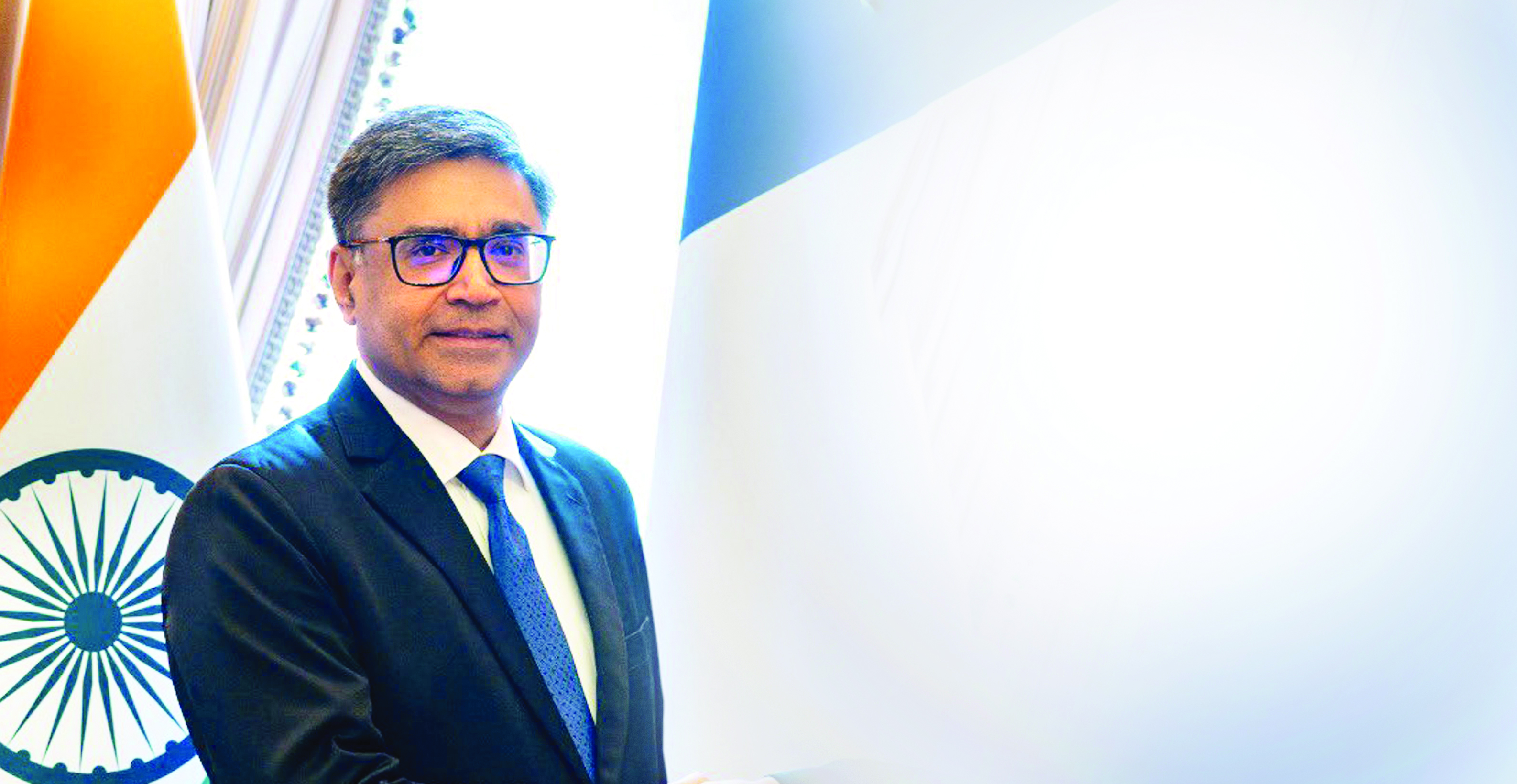Foreign Secy to visit China on Jan 26 to push for normalised diplomatic ties

New Delhi: Foreign Secretary Vikram Misri is set to travel to Beijing for a two-day diplomatic mission, marking a significant step in ongoing efforts to normalise relations between India and China. The visit, scheduled for January 26 and 27, follows last month’s high-profile meeting between National Security Adviser Ajit Doval and Chinese Foreign Minister Wang Yi under the framework of Special Representatives (SR) dialogue on the boundary dispute.
“Foreign Secretary Vikram Misri will be visiting Beijing on January 26 and 27 for a meeting of the Foreign Secretary-Vice Minister mechanism between India and China,” the Ministry of External Affairs (MEA) said.
“The resumption of this bilateral mechanism flows from the agreement at the leadership level to discuss the next steps for India-China relations, including in the political, economic, and people-to-people domains,” it said in a brief statement.
It is expected that the two sides would touch upon a number of issues at the talks including ways to deescalate the situation along the Line of Actual Control (LAC) in eastern Ladakh and resumption of the Kailash Mansarovar Yatra.
China has been impressing upon India to agree on resuming direct flights between the two countries and facilitate issuance of visas to Chinese citizens.
The decision to revive the SR mechanism and other such dialogue formats was taken at a meeting between Prime Minister Narendra Modi and Chinese President Xi Jinping in Kazan on October 23.
In the nearly 50-minute meeting, Modi underscored the importance of properly handling differences and disputes and not allowing them to disturb peace and tranquillity in border areas.
The Modi-Xi meeting came two days after India and China firmed up a disengagement pact for Depsang and Demchok, the last two friction points in eastern Ladakh.
In the SR dialogue, India pressed for a fair, reasonable and mutually acceptable settlement of the overall boundary dispute between the two countries.
Doval and Wang also focused on “positive” direction for cross-border cooperation including resuming the Kailash Mansarovar Yatra, river data sharing and border trade.
India has been maintaining that its ties with China cannot be normal unless there is peace in the border areas.
Following completion of the disengagement process in Demchok and Depsang, Indian and Chinese militaries also resumed patrolling activities in the two areas after a gap of almost four-and-a-half years.
Last week, External Affairs Minister S Jaishankar said the India-China relationship is trying to disentangle itself from the complications arising from the post-2020 border situation and more thought needs to be given to the longer-term evolution of the ties.
“At a time when most of its relationships are moving forward, India confronts a particular challenge in establishing an equilibrium with China.
Much of that arises from the fact that both nations are on the rise,” he had said.
The external affairs minister noted that as immediate neighbours and the only two societies with over a billion people, India-China dynamic could never have been easy.
“But it has been further sharpened by a boundary dispute, by some baggage of history and by differing socio-political systems. Misreadings by past policy-makers, whether driven by idealism or absence of realpolitik, has actually helped neither cooperation nor competition with China,” he said.
“That has clearly changed in the last decade. Right now, the relationship is trying to disentangle itself from the complications arising from the post-2020 border situation,” he added.



